A mother endures daily threats of potential Ebola virus: “I am terrified for my child”
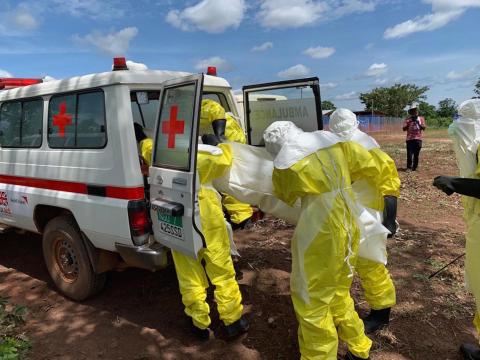
The threat looms for every family living near and around the borders that South Sudan share with the Democratic Republic of Congo (DRC) and Uganda where the recent confirmation of Ebola Virus Disease cases raised a serious public health concern and inundated the media and news reports.
The news did not escape Susan Minisare, a 19-year old mother, who visited Ezo County Hospital in South Sudan with her 5-months old daughter for a medical check-up. They live in Sugba, a village in DRC which is about 10 kilometers from Ezo town.
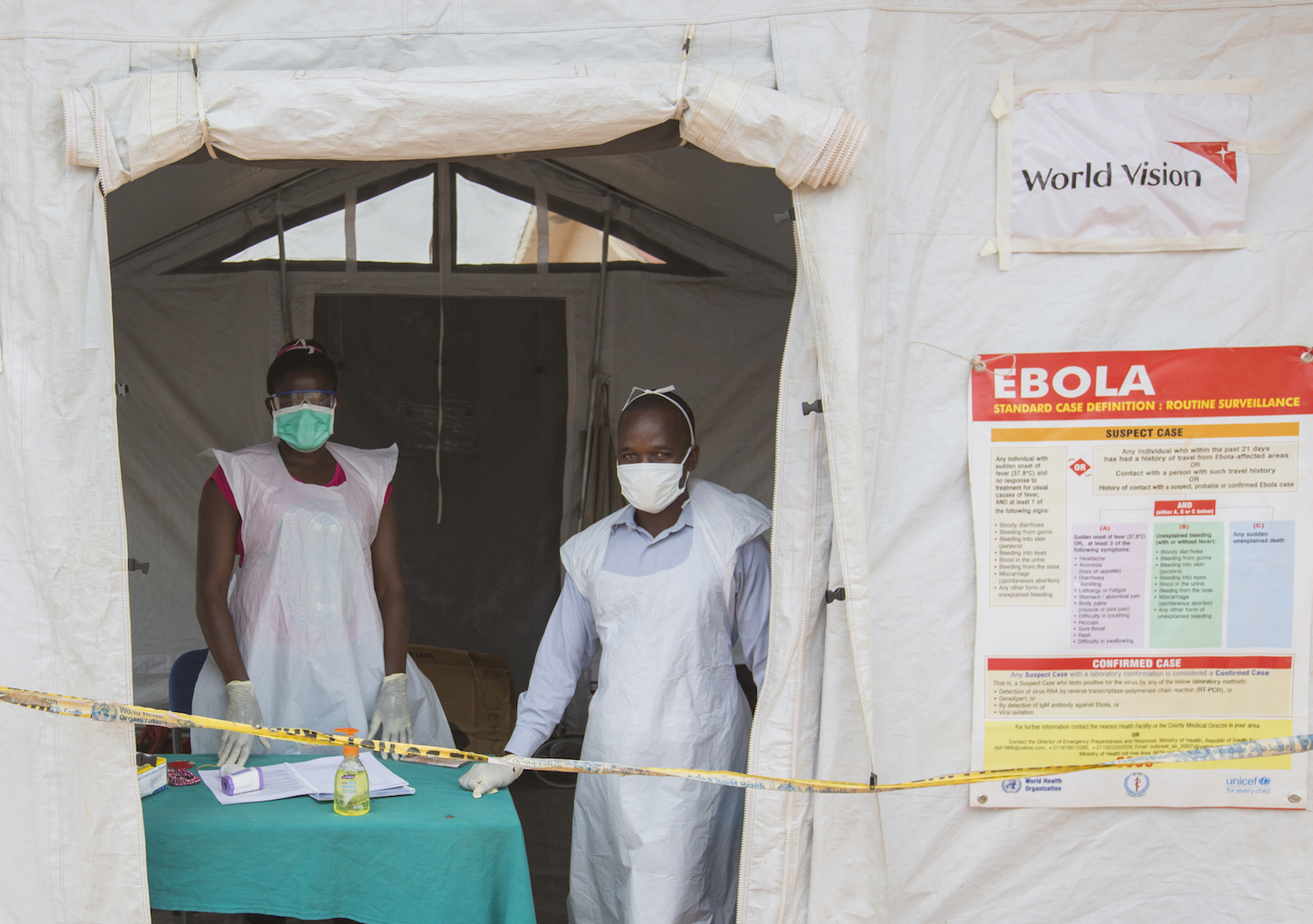
As Angelina Nangunge, World Vision’s nurse in the hospital, prepared her for the Ebola screening, she asked Susan what she has heard about the Ebola. Susan told Angelina of rumors going around about people dying and suffering.
Susan adds, “They said people who ate meat from wild animals in the bush died of the disease that has no cure. We were so terrified that if it reaches our village, nobody will survive.”
Susan appealed that health care workers should campaign in her village and get everyone to be screened. She shared of the sad experience of a neighbor who thought his small son got infected of the Ebola because he was having fever.
The father assumed he might have infected his son so he decided to leave the house and stay in the bush for three days to spare his family. He said he preferred to die alone in the forest. His fever got well and he was eventually cleared as well as his son, who is still confined and under treatment in the hospital.
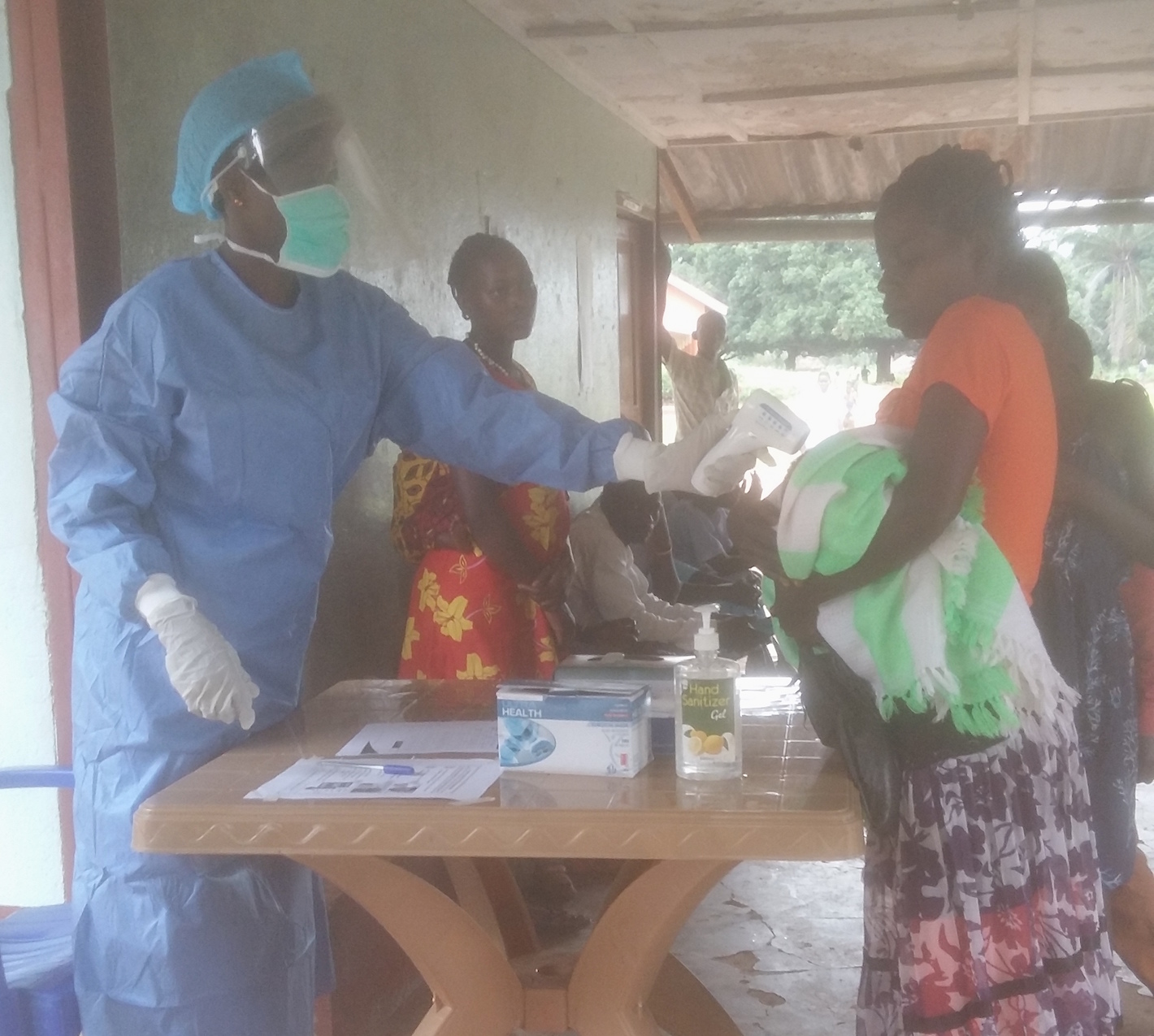
World Vision’s awareness campaign has reached over 400,000 people with EVD related messages in Western Equatoria State of South Sudan to help people avoid panic and misunderstanding about the disease. It will also enable them to handle any potential threat and help prevent the spread of false information. Susan laments that people in her village find it hard not to eat bush meat because this is the only food accessible for them. She says, “We have no money to buy meat in town.”
However, hearing about the deadly consequences of the Ebola Virus Disease that can be transmitted from bush meat, she was convinced to observe what was being advised of them. Susan adds, “All of us in the family and even the people in the village are worried. We need help. We are too poor to be able to afford the medicines for the treatment of this disease. It is best that everyone gets screened and informed.”
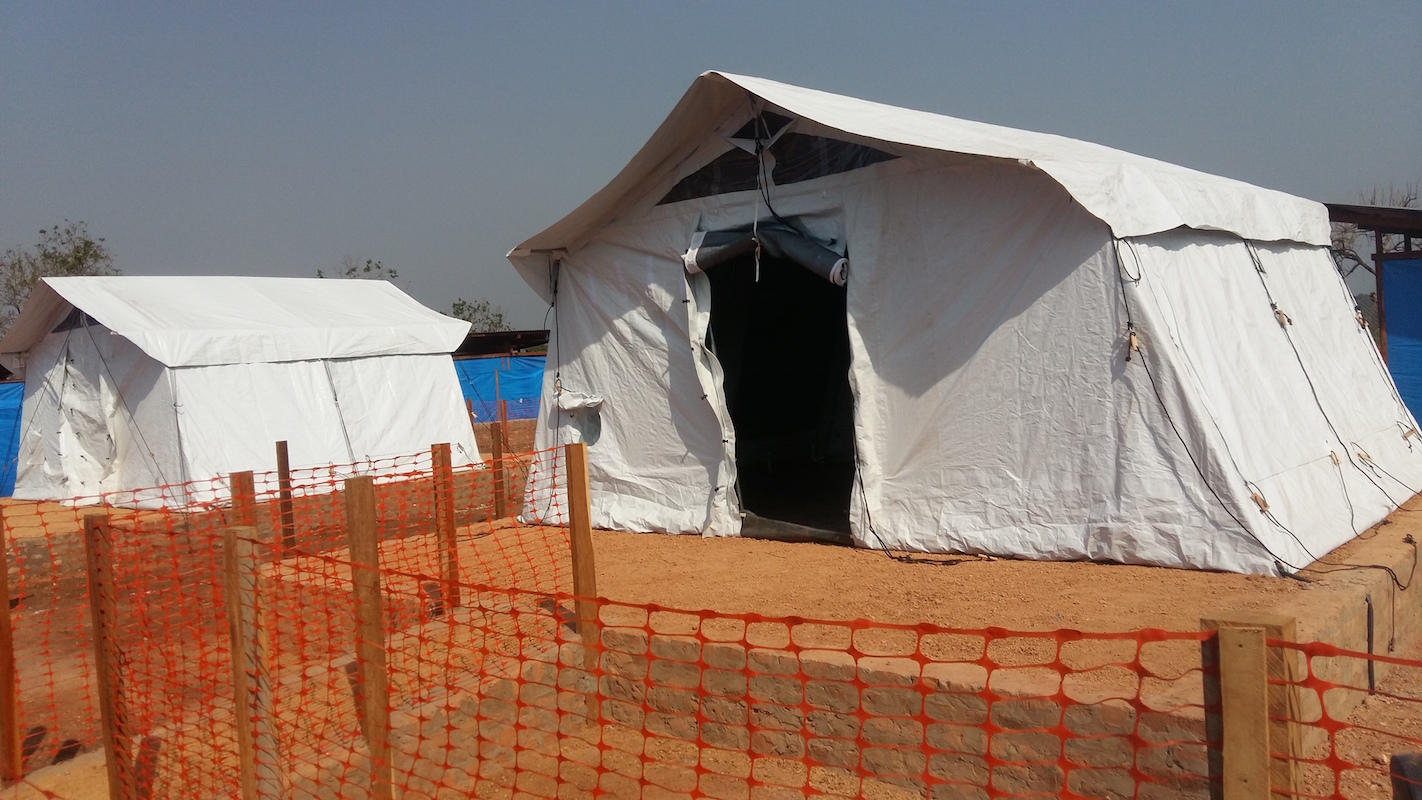
South Sudan’s Ministry of Health has prioritized surveillance and screening, enhancing supervision of isolation units and continuing the training cadres of health professionals through on the job mentoring, simulation and regular supportive supervision.
It also continues to strengthen and expand risk communications and community mobilization, increase targeted training of health and community workers, upgrade three holding units to establish three additional phase two isolation unit status and enhance coordination structures as well as consolidation of information management and reporting.
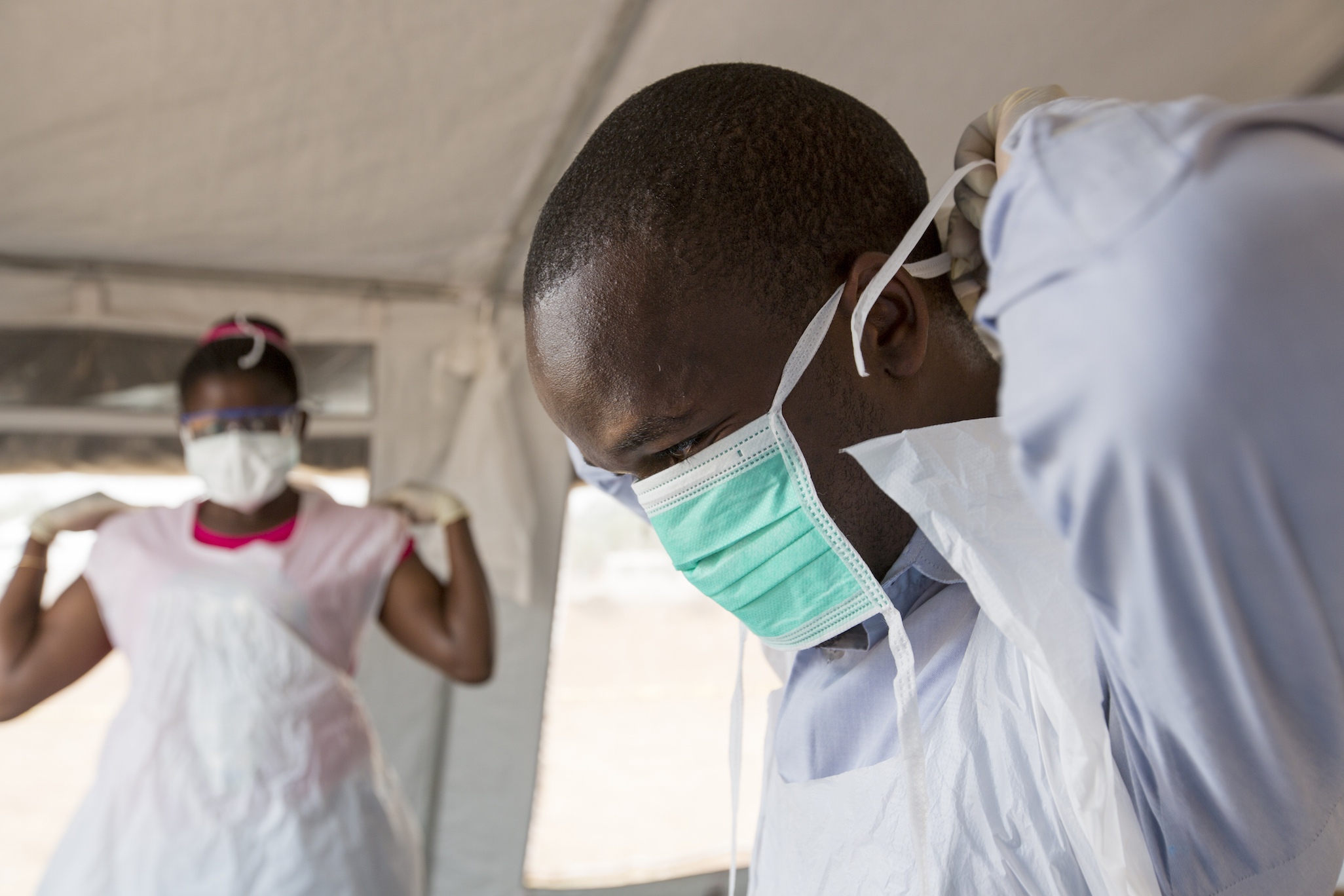
World Vision’s next level for the response will focus on the preparedness in four counties Yambio, Ezo, Nzara and Tambura of Western Equatoria Zone that are still considered at high risk of the Ebola. Due to the continued outbreak in DRC and the detection of three cases of Ebola patients in Uganda, the risk in South Sudan became very high. But this EVD preparedness and response in the zone is hampered by lack of fund.
“The lack of funding to prepare and educate communities on the spread of Ebola virus disease in South Sudan alarms us. Countless lives, especially children's, are at stake. We need donors and stakeholders to partner with us to support the South Sudanese people in this looming Ebola threat and avert this potential emergency”, appeals Dr. Mesfin Loha, World Vision’s Country Programme Director in South Sudan.
With photos and interviews from Stephen Kabounji and Richard Anyama @World Vision